We recently connected with Victoria Bennie and have shared our conversation below.
Victoria, appreciate you joining us today. How did you get your first job in the field that you practice in today?
During my graduate school experience in the Clinical Mental Health Counseling program, we have to secure an internship site to practice our counseling skills with real life clients experiencing real life issues. Well, I have always been passionate about working with survivors of domestic violence and sexual assault, so, naturally I chose my internship site to be the local shelter for those who have experienced abuse/trauma. Luckily they accepted me as an intern; and, once I graduated with my Master’s Degree, a grant was given to the organization and they were able to hire a new counselor to come on board as a Family Violence Counselor. I interviewed and was chosen! I felt so grateful that my first “big girl” job, utilizing my degree, was at a shelter for domestic violence and sexual assault! I got my dream job right out the gate.
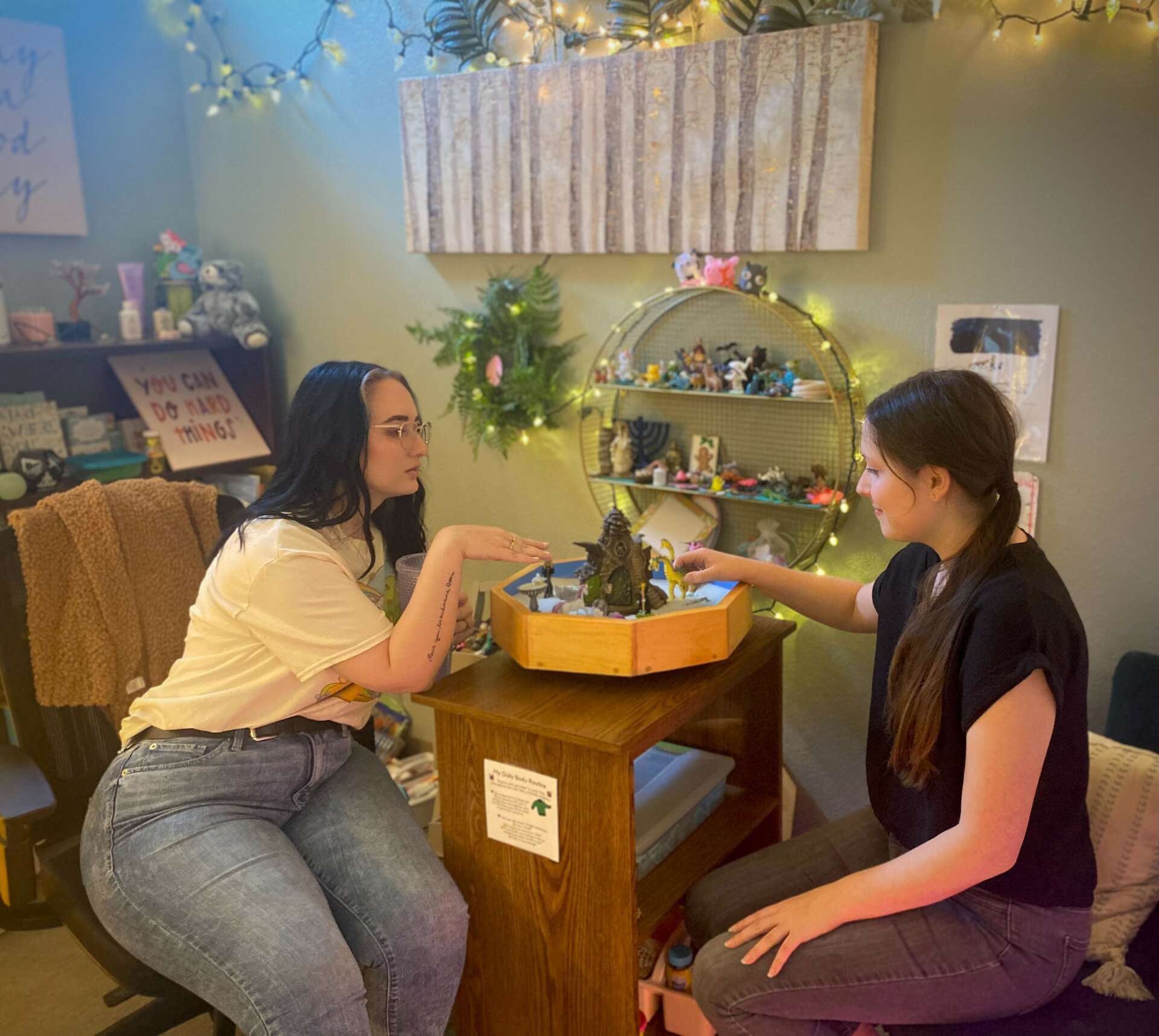
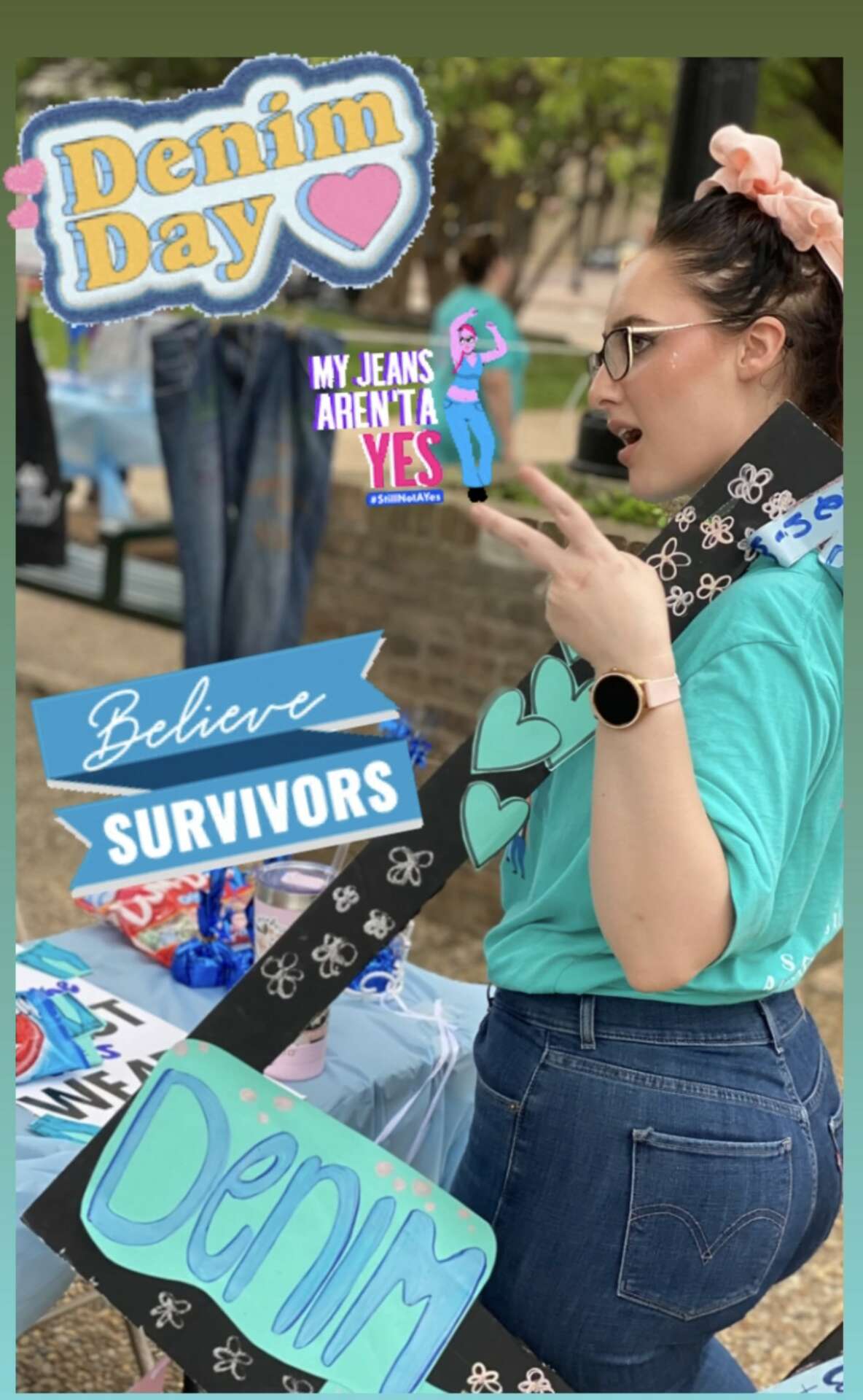
Victoria, before we move on to more of these sorts of questions, can you take some time to bring our readers up to speed on you and what you do?
My name is Victoria Bennie and I currently work as a Family Violence Counselor at the East Texas Crisis Center, a non-profit organization that provides free services to survivors of domestic violence, sexual assault, and violent crimes. I knew that I wanted to be a therapist after experiencing some of my own childhood experiences, as well as after watching the film The Silence of the Lambs; however, after surviving Organic Chemistry class in undergraduate school, I knew medical school was not in the cards for me! I did not go on to become a psychiatrist but a Licensed Professional Counselor instead, who focuses on the whole of a person rather than individual symptoms. I believe a person is comprised of mind, body, and spirit, whatever that word means to them. What I think about myself will impact my physical health, how much or how little I nourish my soul will impact the health of my mind, and so on and so forth. It is all connected and therefore my approach in counseling is to treat the entirety of the person, not just one third of them by focusing only on the mind.
Because of my own personal religious beliefs, I know that I am called to serve others and act as a supportive role as best I can to others. To witness another person bear the weight of their trauma, and to see them slowly but surely learn how to release that burden, to trust another, to relearn how to love themselves, is such a humbling and honoring experience. I learn from my clients just as much as my clients learn in therapy. It is arrogant to say that the client is the only person who will be impacted from a therapeutic relationship. Therapy is about building within oneself the capacity for connection and understanding, but in the context of a professional and healthy relationship – how could the therapist not be impacted by the repeated connection, strengthening of trust, and metamorphosis of mind, body, and soul? There is something inherently sacred about the therapy space, that I think clinicians can tread dangerous waters when they presume that they alone are the ones to share the wisdom, when the client already holds so much wisdom within themselves. Part of my job, I believe, is to help my clients see what I see in them already, which is someone who needs and deserves more compassion, love, and kindness than they were given in the first place. This way of viewing people aligns with my faith and especially when working with folks who have experienced trauma, empowering the client and encouraging an increase of self-attunement and self-care are key goals when healing from traumatic experiences.
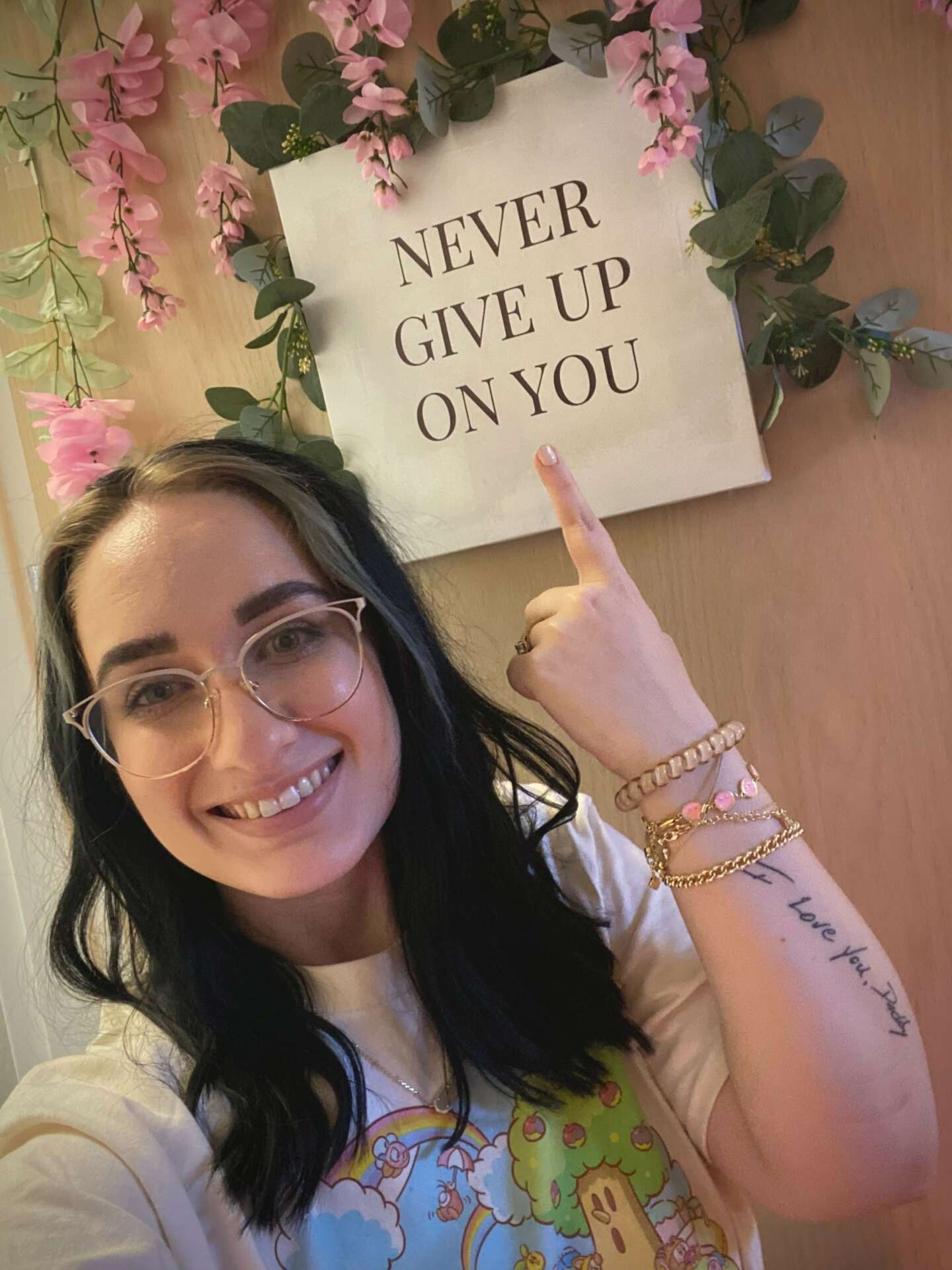
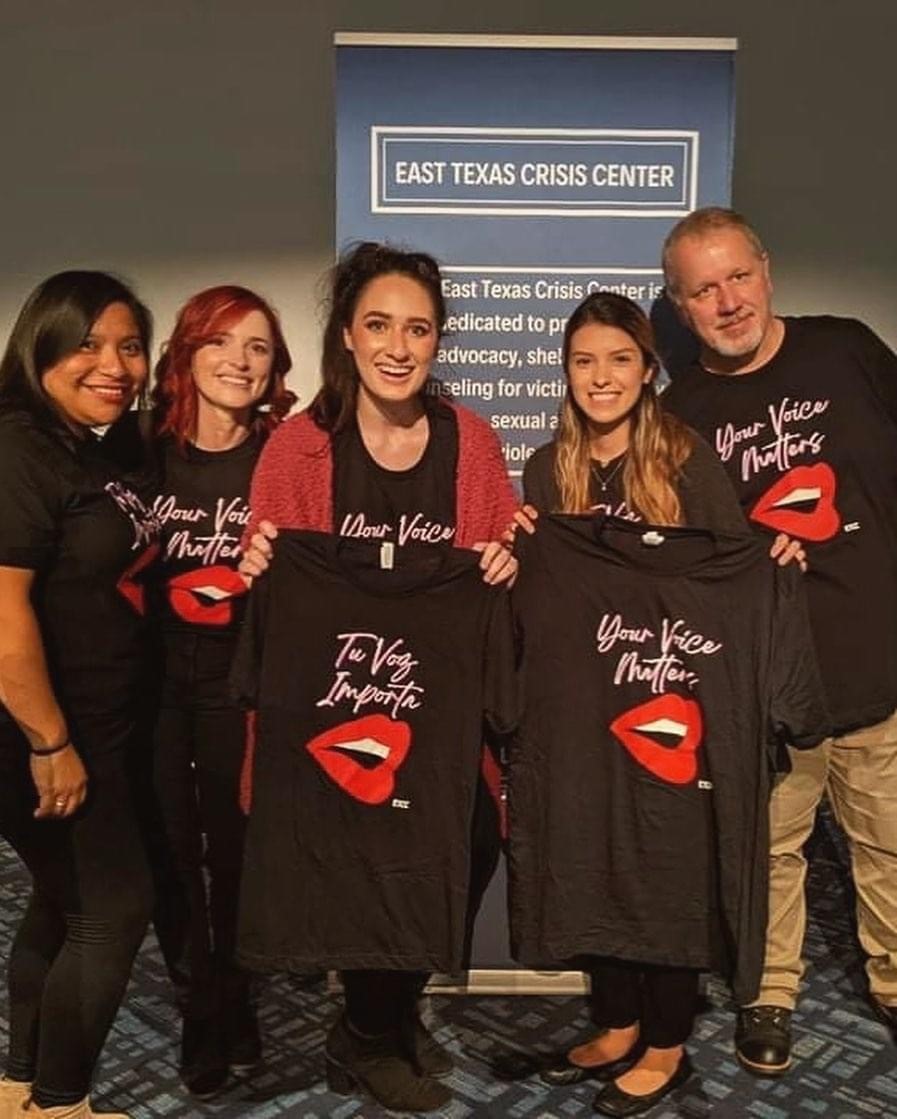
Other than training/knowledge, what do you think is most helpful for succeeding in your field?
I must share that I certainly endorse continued education and trainings in order to succeed in the field of therapy. Therapists must never reach the point of “I know everything”, but rather, maintain an open mind to always continue learning. There is a fine line to balance because our imposter syndrome will lie to us and tell us that we are “too…..” and you fill in the blank with “too stupid”, or “too young”, or “not young enough”, etc. So I do believe it is equally as important to also be able to get to a place where I can say “I will never know everything, and that’s not the goal; but, I know enough and I can trust myself and my skills to get me through and to support this client in front of me.” I find that the answer is usually both and, rather than this or that.
In addition to receiving additional trainings and battling the ever lurking monster of imposter syndrome, I truthfully believe the most helpful tip for succeeding in the field of therapy is to be genuine as you practice. Therapists are not robots that eat, sleep, and drink therapy. We are not mind-readers and we never will be. We are human and because we are human we are vulnerable. Clients need to see vulnerability so that they can practice vulnerability themselves. We must be role models for how to do healthy relationships, set and maintain personal boundaries, take a day off when we need one, etc. My daddy taught me many lessons; he was my best friend and passed away in 2020 when I was 25. One of the greatest lessons he modeled for me, was the importance of being authentic, of being yourself. This was not something he told me to my face or sat me down and had a long conversation with me about. I witnessed him be himself, I witnessed him share his thoughts and feelings with friends, and I saw how that deepened his relationships with people. As a therapist to those who exclusively have experienced trauma, and as a person who personally experienced domestic violence by a different family member, some trauma teaches you how to smell the BS a mile away, for lack of a better term. If I tried to be anything other than myself when I am in session with clients, the first impression I would make would be that of a phony. Being a phony and expecting someone else to trust me enough to be vulnerable with their life story in my counseling office is not fair and never will be. I must show up as authentically myself, rather than the therapist I worked with that was really great that I want to emulate, or the therapist my professor was when I was in school. The deeper layer to this realization was then, “well, who am I and how do I be authentically me?” This is a great place for therapy to come in! Because of this, I also endorse therapists receiving therapy when they need it. It isn’t a 24/7 for the rest of your life thing; however, there are seasons in which therapy is as essential as keeping gasoline in your car.
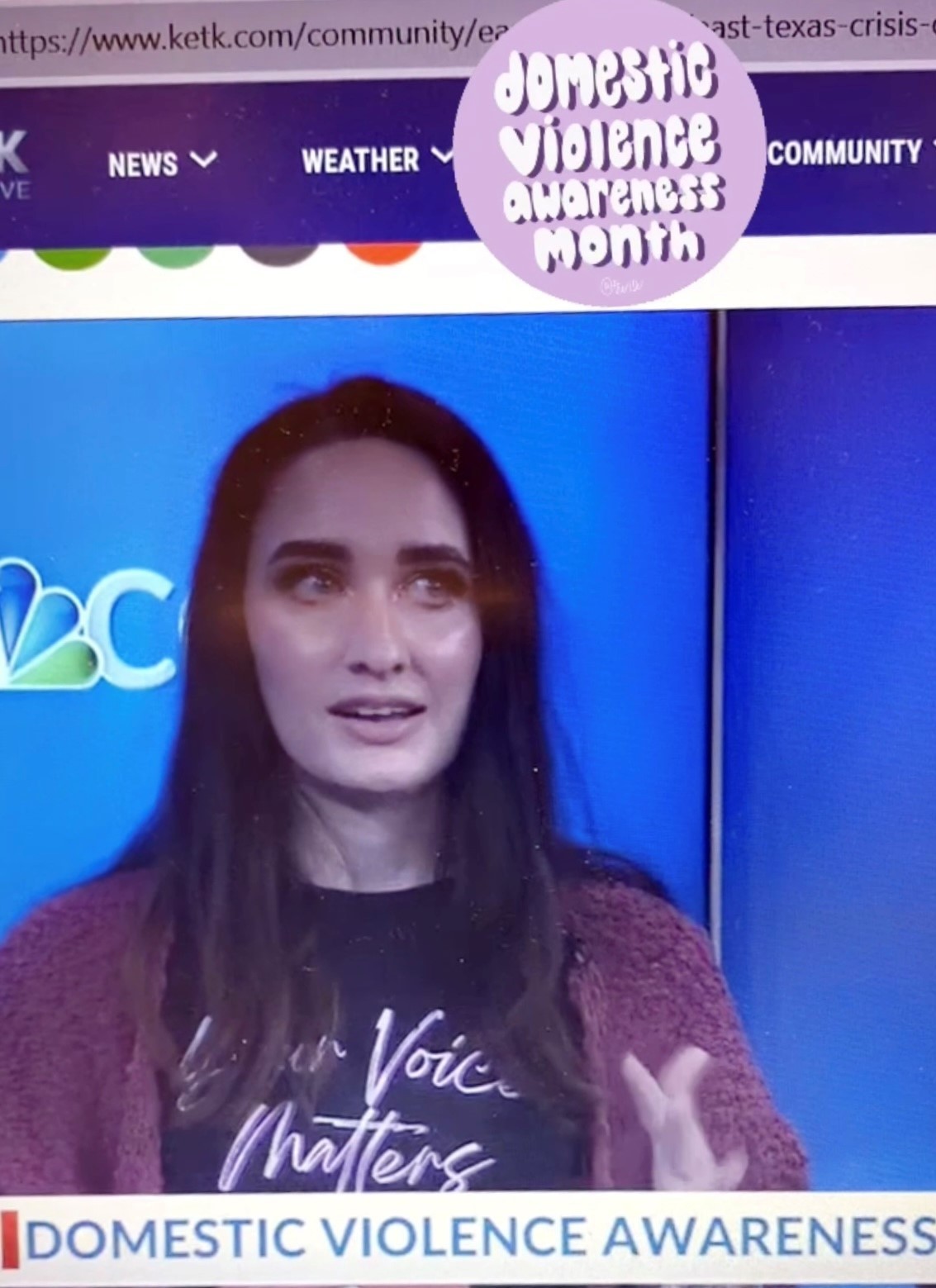
If you could go back in time, do you think you would have chosen a different profession or specialty?
If I could go back, I believe I would choose over and over again to go to school to become a therapist. Of course, sometimes I sit and wonder what life would have been like had I followed my childhood dream to become a Marine Biologist so that I could swim with and save the sharks! Ultimately, the profession I have chosen aligns with where I believe my faith has placed me in the world. I feel honored to sit with people during a time of great darkness; and I have to continue to share that there is hope after the atrocities. I look to the quote I have hanging in my office from Rumi: “The wound is the place where the light enters you”, and I truly believe that. If I didn’t, I don’t think I could be doing this work. So I will continue to serve others and hopefully be some sort of support or encouragement that they might be able to see the light within them that has been dimmed by another. Once they can do that, there comes a point in time where they no longer need my services. It’s odd and yet celebratory at the same time, that my ultimate goal is to put myself out of a job with each client that I meet. It means the “work” of therapy is sticking! It means that they become their own voice of self-compassion.
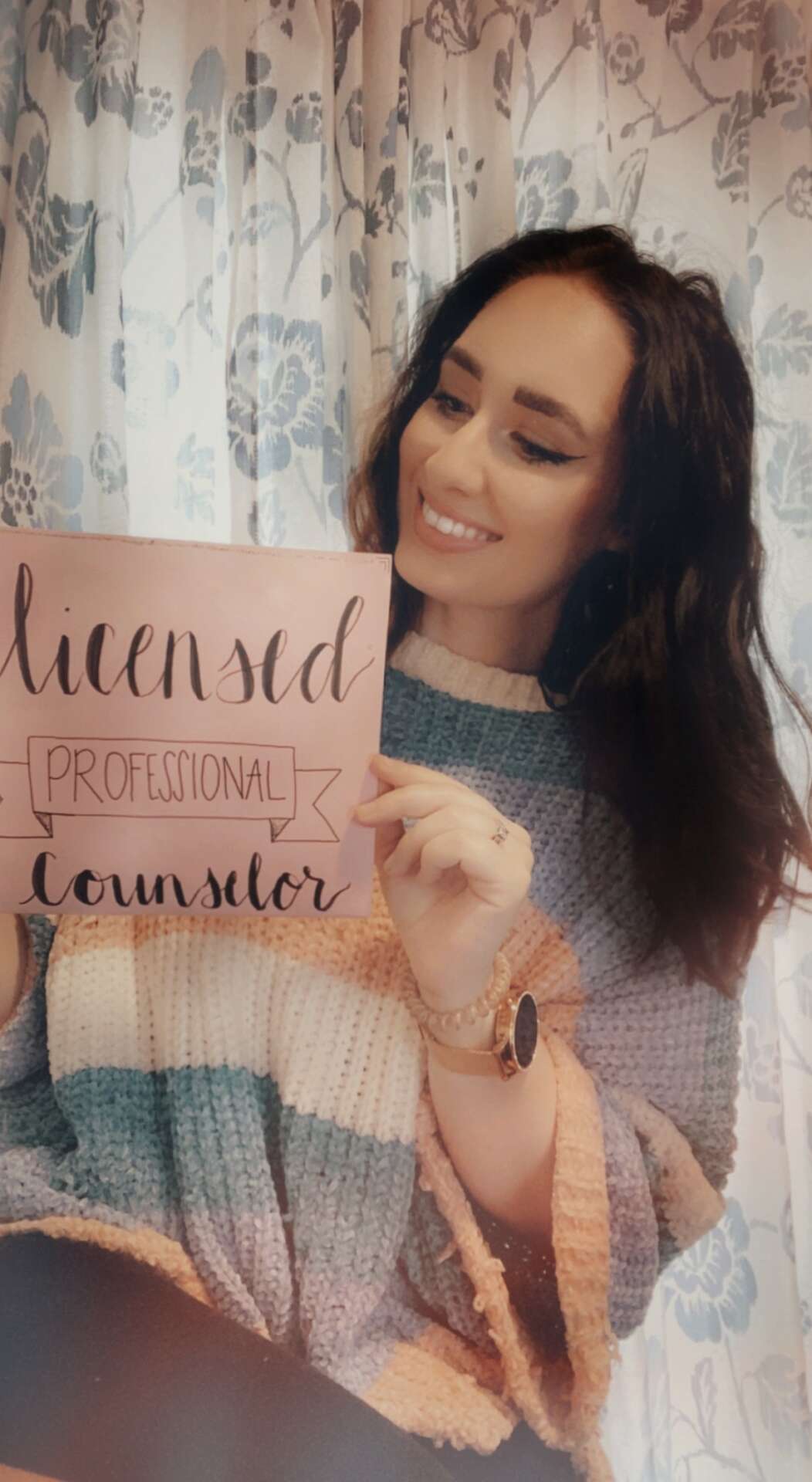
Contact Info:
- Other: Presently, I do not have any professional social media accounts. If anybody lives in one of the five counties we serve in east Texas and has experienced domestic violence, sexual assault, and/or a violent crime and are interested in counseling, please visit https://etcc.org/. We believe you, abuse was not and will not ever be your fault, and you are not alone.


